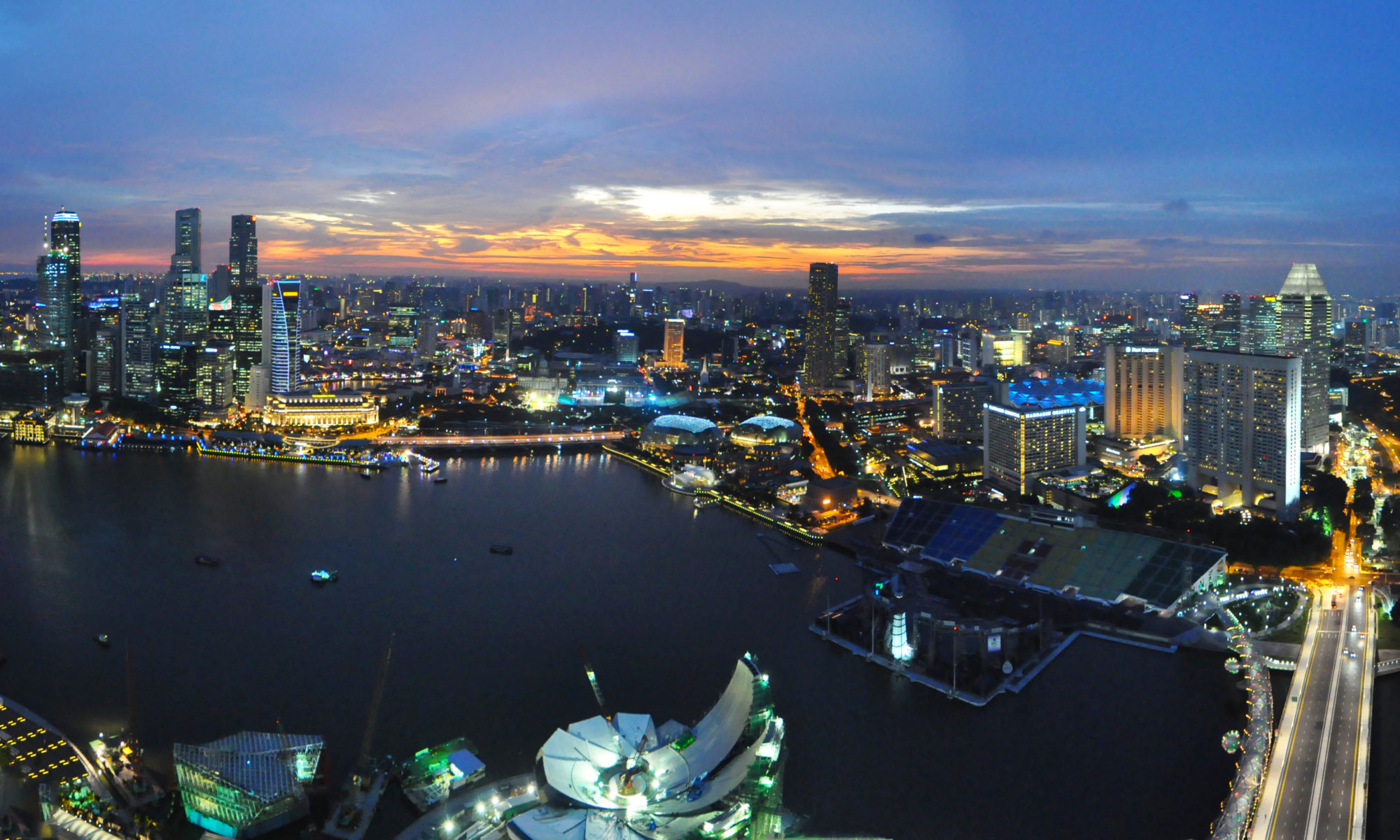A common topic of discussion on which I have written before is the strange and disappointing nature of customer service in Singapore. Examples abound. But let me just give one mini-example to set the stage.
To get a Singapore driver’s license I had to register for classes online. The webpage registration failed. But not before the charges were deducted from my checking account. When I called the support number they told me I would have to go to the main office to ask for a refund. The office is 30 minutes away by cab and much longer by public transportation. I do not have a car (as my pursuit of a license makes obvious).
Despite my requests, my pleas, and ultimately my screaming, they had no better way for me to get my money back. They said there was not even a phone at the office that could help with a refund. They screw up, I lose 90 minutes of my work day. End of story.
